In a recent controversial ruling, India's highest court has ordered the reinstatement of lifelong prison terms for 11 Hindu males convicted of sexually assaulting a Muslim woman amidst violent religious clashes two decades ago. The court has also instructed the offenders to surrender themselves to the authorities within a fortnight.
The case dates back to 2008 when the Hindu males were found guilty of the crimes of sexual assault and homicide. After serving a 14-year sentence, they were released in 2022. The victim, now in her forties, was pregnant at the time of the brutal assault, which occurred during widespread conflicts in the Gujarat province of western India in 2002. The woman tragically lost seven family members, including her three-year-old daughter, in the civil unrest.
The national government's modified policy in 2014 prohibits pardons for individuals convicted of specific offenses, including sexual assault and homicide. The victim, deeply affected by the early release of the offenders, filed a plea with the highest court, arguing that their freedom had "profoundly disturbed the moral values of the community."
The offenders' release was based on a guideline that allowed for a reduction in their prison sentences at the time of their conviction. However, this decision has sparked outrage and controversy, particularly given the sensitive nature of the case and the magnitude of the violence that took place in Gujarat.
The court's ruling to reinstate the lifelong prison terms and the requirement for the offenders to surrender themselves has reignited debate and scrutiny over the justice system's handling of cases involving severe crimes, particularly those linked to religious and sectarian violence. It has also brought to light the complexities and challenges of addressing historical cases of communal conflict, seeking justice for the victims, and balancing the rights of the accused.
As the nation grapples with the aftermath of this ruling, it raises important questions about the administration of justice, the impact of historical cases on communities, and the need for sensitivity, fairness, and accountability in addressing the legacy of past conflicts. The case serves as a reminder of the long-lasting repercussions of communal violence and the ongoing pursuit of justice and reconciliation in its wake.



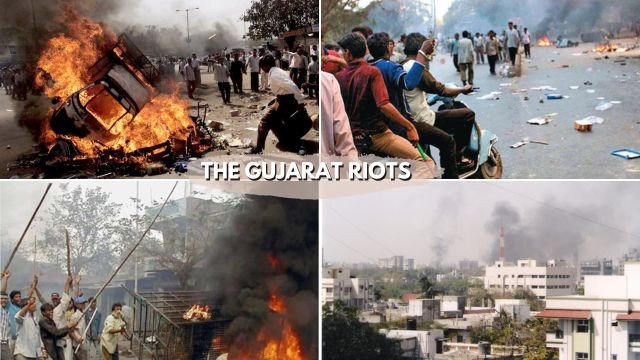
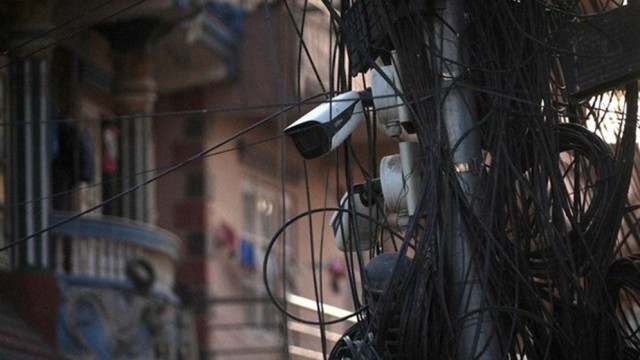
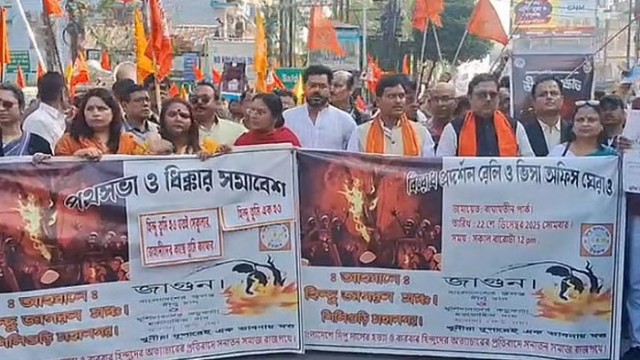

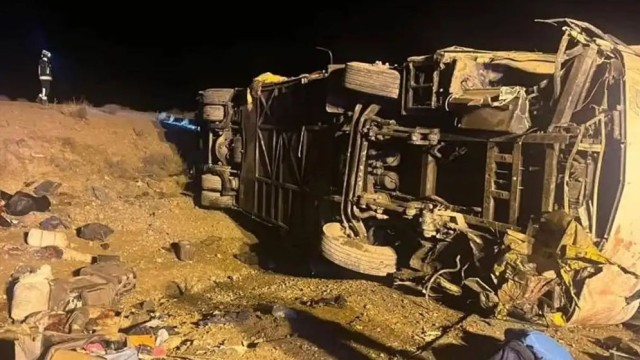



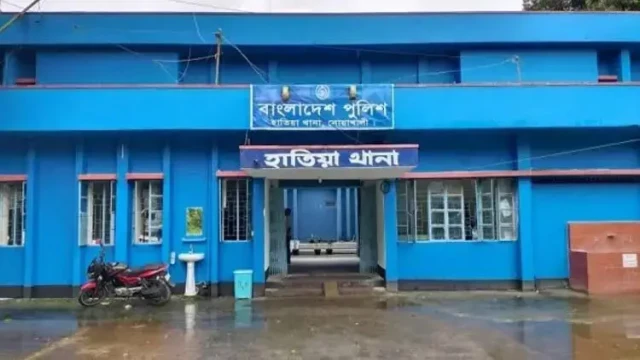
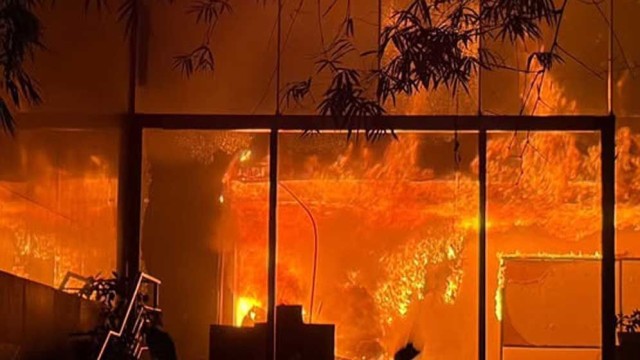
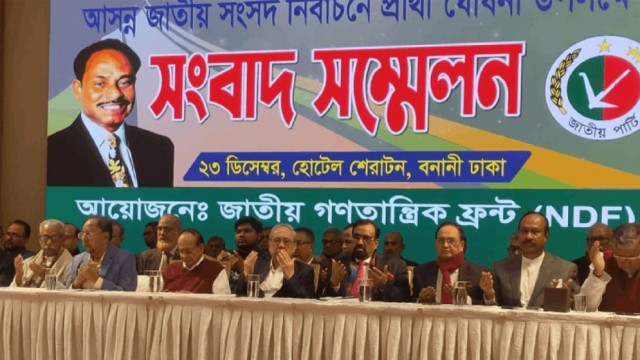
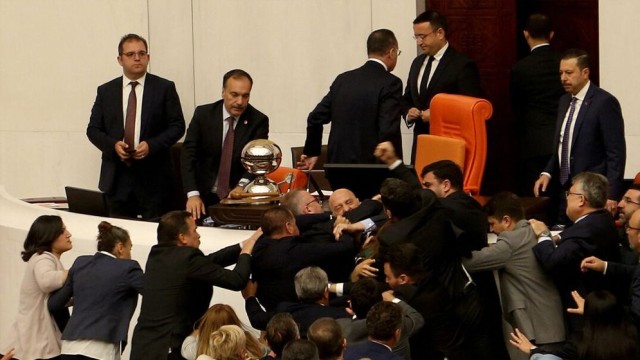
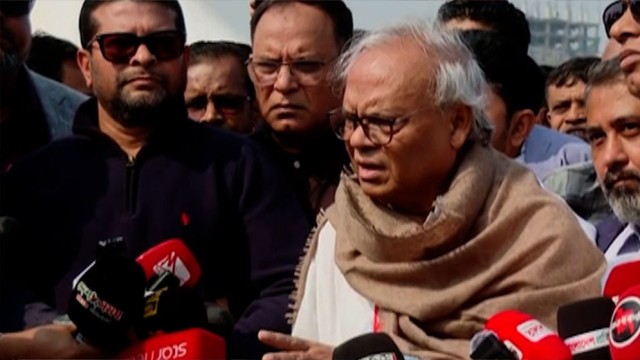
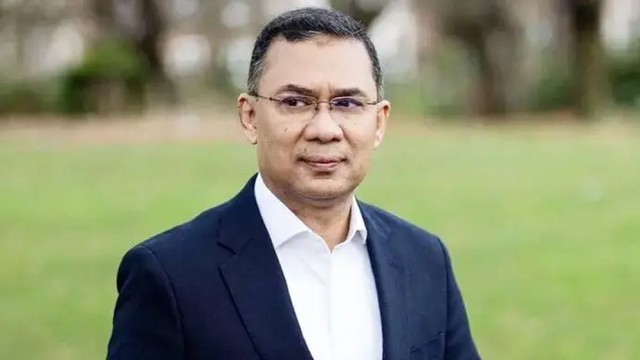
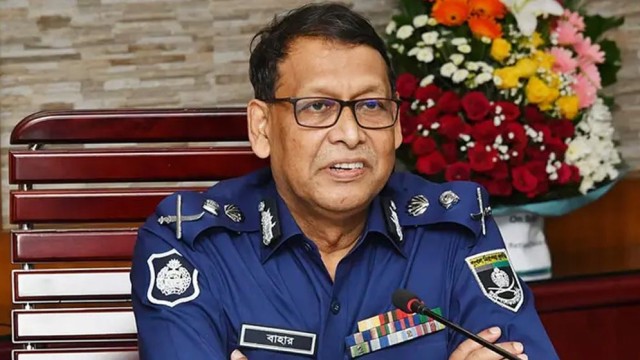
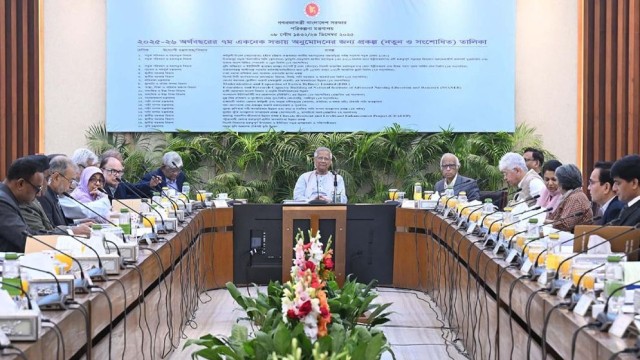

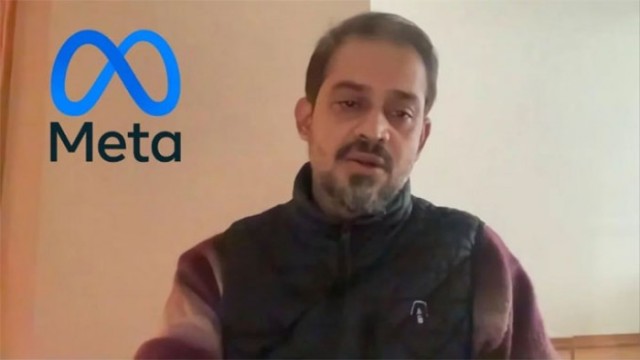
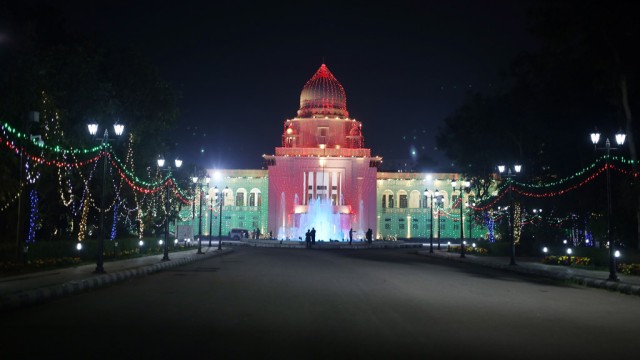
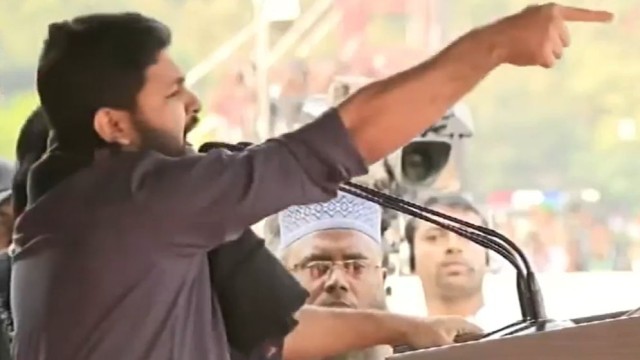
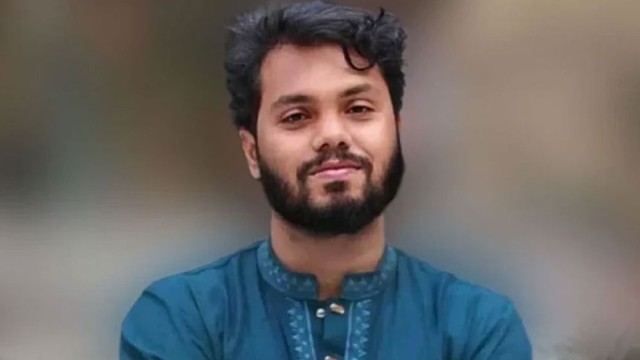
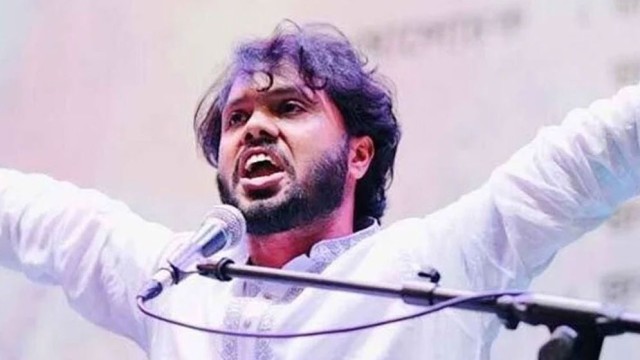
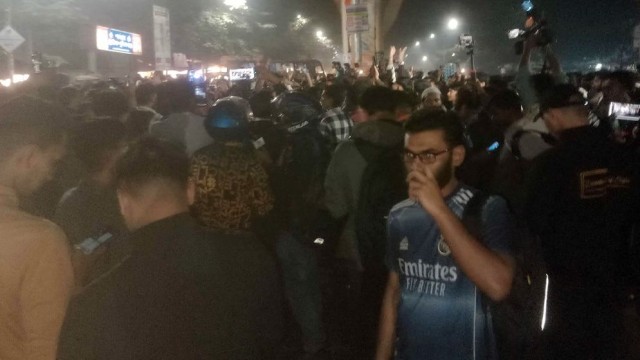

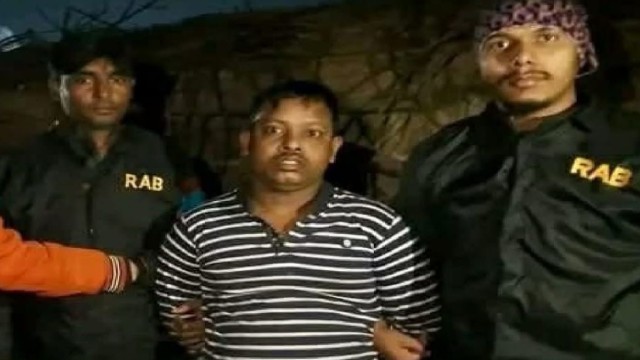
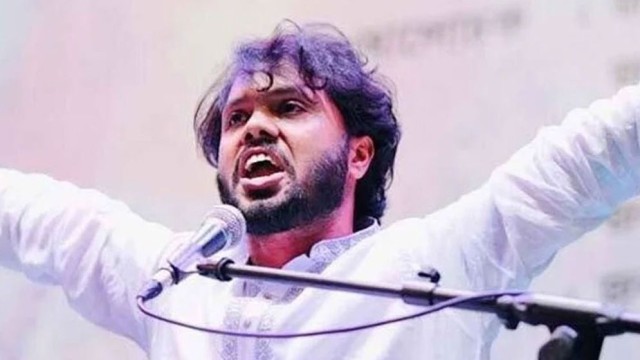
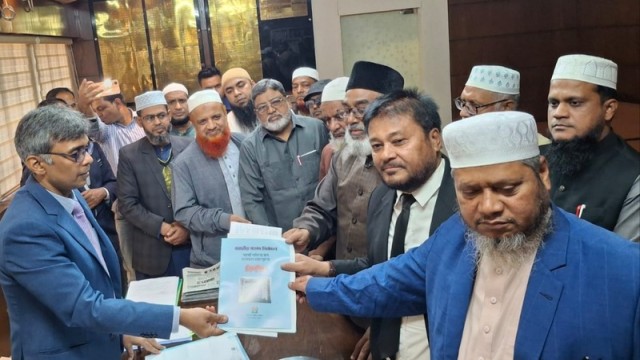
Comment: